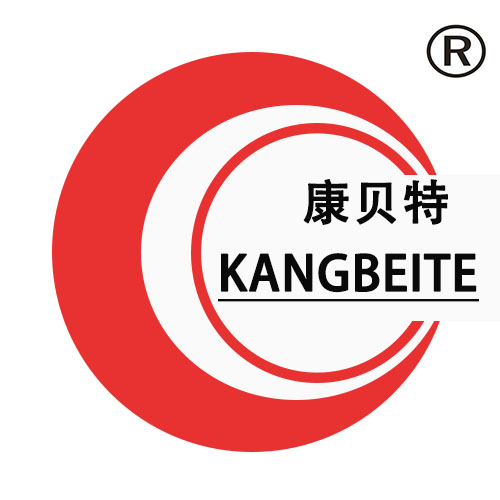In today's fast-evolving world of food processing, lyophilizers or freeze dryers, have emerged as a critical tool for improving product quality and shelf life. This article explains the merits of lyophilizers, particularly regarding their aid in preserving food nutrients, taste, safety, and more. Understanding these benefits better, food manufacturers would be able to make strategically beneficial decisions concerning the inclusion of lyophilization in their production processes.
Understanding lyophilization
Lyophilization involves drying select food products by dehydrating them and vapor removing water while preserving their structure and nutrition. It entails freezing the food, decreasing the pressure, and sublimating ice to steam. Thus, lyophilized foods are very appealing to the customers since they offer the original form, color, and flavor of the food. The use of lyophilizers in food processing increases the quality of the product and improves modern food production through a myriad of benefits.
Preserving Nutrients
Saving nutrients while using a lyophilizer for processing foods is a benefit. Unlike other methods where the loss of vitamins and minerals is a result of air exposure and high temperature drying, lyophilizers help in preservation since they dry food at low temperatures. Studies have documented that freeze drying vegetables and fruits helps in preserving almost 90% of nutrients which is an added advantage to consumers.
Shelf Life Extension
Preserving food items with freeze drying or lyophilization helps do away with preservatives while extending a food’s shelf life for years. Because moisture is removed, the use of lyophilizers inhibits the reproduction of bacteria, molds, and yeasts, which are the main contributors to the deterioration of the items. This is a very important feature for most manufacturers who produce items for long travel or wish to reduce food wastage. Utilized appropriately, freeze dried foods can last for years which is beneficial to the consumers looking for convenience and savings.
Enhancing Flavor and Texture
Another interesting benefit stemming from lyophilizers is improving flavor and texture. For example, with freeze-drying, the smell and taste of the food is kept as it is with fresh food, which makes it just as palatable as fresh food. In addition, lyophilized foods have a unique texture which makes them usable for different culinary masterpieces ranging from snacks to dinner courses. This type of food does not require any further processing and can be readily integrated into new and creative snacks, side dishes, or even intricate dinners that appeal to many in the market. Chefs and food enterpreneurs can create innovative grade products and special in the industry.
Quality Control and Safety Measures
Food safety is one of the most crucial concerns in food processing. Lyophilizers mitigate the risk of pathogenic microorganisms as well as the possibility of contamination. Lysophilization reduces the moisture content which pathogen contamination is possible. Spoilage spoiling reactions are also much less likely to occur when moisture is lower due to lyophilization. This low level of moisture provides theSafety, Value, and Loyalty boost to the brand perspective on controlling quality.
Emerging Trends and Expected Changes in Various Sectors
With the rise in demand for food that is clean and healthy, the market for lyophilization devices is bound to grow. The trend towards nutrition and functional foods necessitates advancement in lyophilizer technology. Things like greater energy efficiency and increased automation drives innovation, making it easier for food manufacturers at all levels. In addition, there is a shift toward using clean label products which increases the use of lyophilization because consumers care about hercules foods that are less refined, unprocessed, and devoid of artificial ingredients. In summary, food processors need to be ready to address the challenges of the future because lyophilizers will be crucial in food processing.

